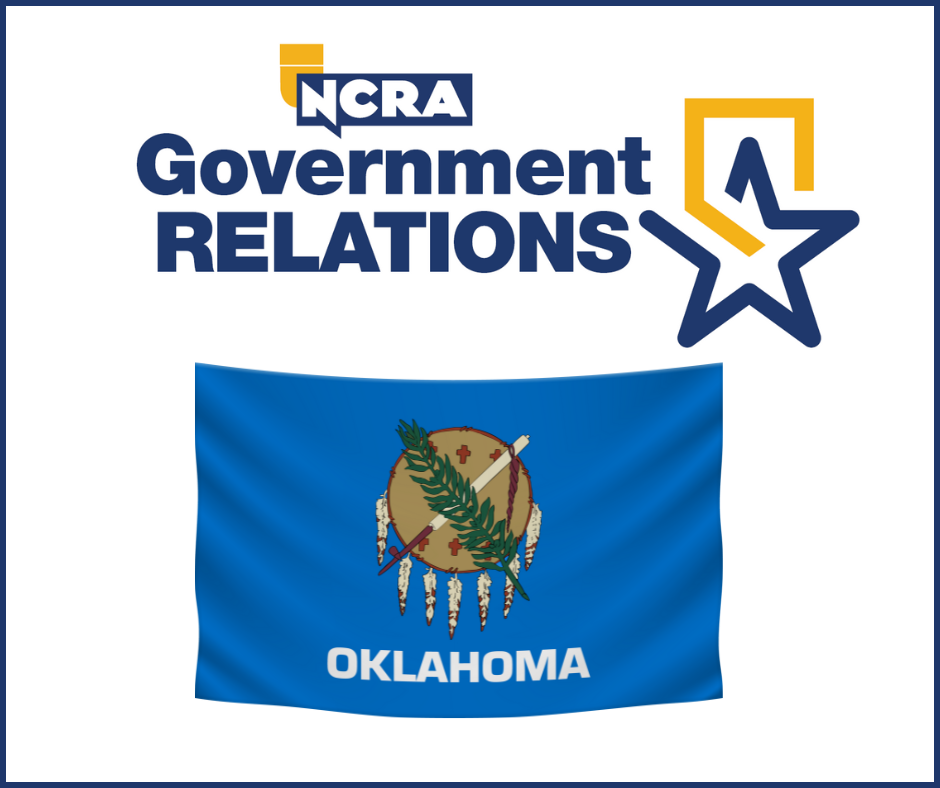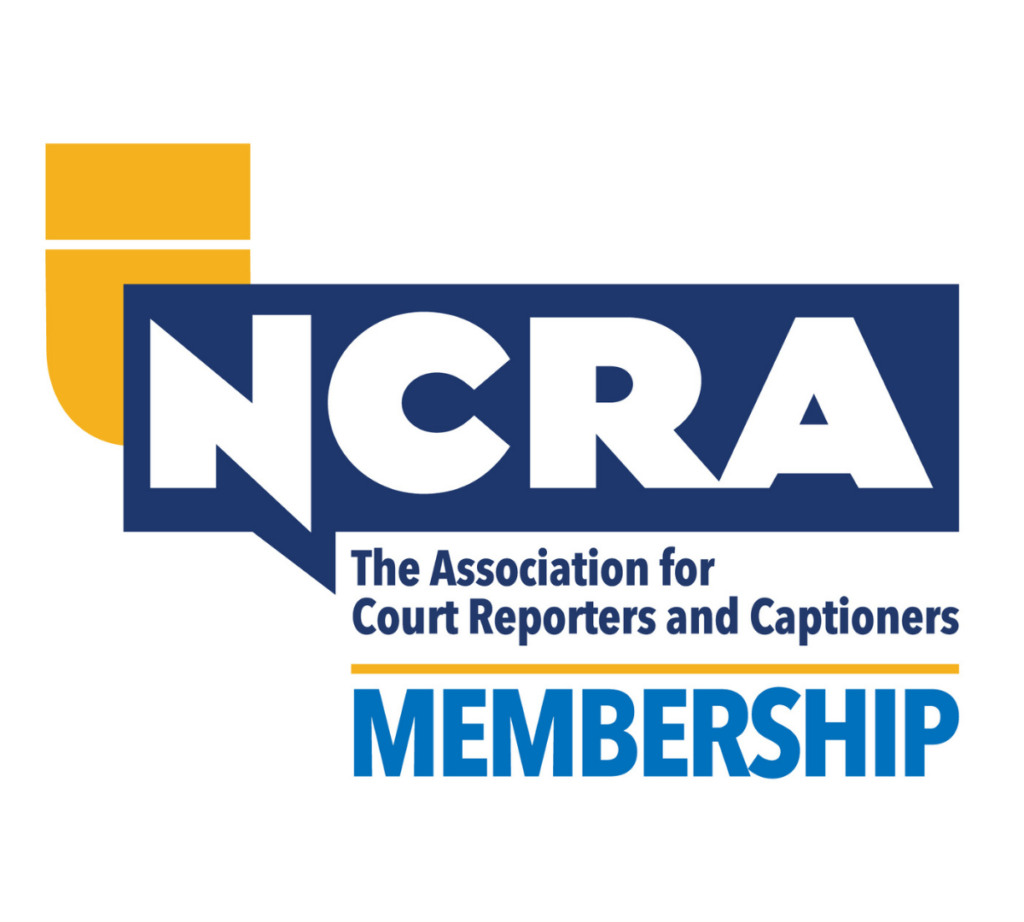It was an article about the shift from white-collar to blue-collar American history in the 20th century that spurred NCRA member Cassy Kerr, RPR, CRR, CRC, an official court reporter from Oklahoma City, Okla., into action. Specifically, it was a question in the article published in the July issue of the official publication of the Citizen Potawatomi Nation, Hownikan (see pg. 32), which asked: “Why would you need a salaried human stenographer when a recorded AI machine can instantly and accurately print out every word?”
“I could not pass up this great opportunity to tell the author why court reporters are needed and to clear up misinformation about our profession; so with the permission of the Oklahoma Court Reporters Association board (and my husband), I contacted NCRA’s Government Relations Department and asked for help,” said Kerr. “Colin Brehm, the GR manager, coordinated with NCRA’s Communications Department. A professional and courteous response was drafted, and my state board gave me the green light to reply to both the author and publication editor.”
Kerr noted that the question was asked in the article by her husband’s Native American tribal representative and was written for his tribe’s monthly journal publication.
The author opined in the article, “Futurists, political scientists, sociologists, economists and others are predicting that with the advent of super Artificial Intelligence, quantum computing, super computing, automation, robotics and even human-like robots, many jobs, perhaps close to half, will disappear.”
In the letter Kerr sent, she noted that court reporters bring far more to the judicial process than mere transcription. “Training, certifications, ethics, and the skill to adapt in real time equip us to produce transcripts with unmatched accuracy,” the letter states. “[C]ultural sensitivity and adherence to tribal laws demand meticulous attention to detail to uphold due process and public trust.”
“Unlike
AI or automatic speech recognition technology, which can struggle with accents, overlapping
speech, or complex legal terminology, human court reporters adapt in real time, clarifying
inaudible remarks and ensuring the record’s precision.”
Kerr pointed out that she previously met the author in the early 2000s.
It was “when he was a state representative, at a meet-and-greet our state board had sponsored for Oklahoma legislators to get to know the court reporters,” said Kerr. “You never know when a previous lobbying or networking connection will come in handy!”
Membership matters
According to Kerr, she would not have received assistance from the Government Relations Department nor been given permission to write the response on behalf of the court reporters in her state had she not held membership in her state and national associations.
“Paying my 2025 dues was worth it for such a time as this, and I will be renewing my membership in both associations for 2026.”
After an initial pro forma response three days later from the author thanking Kerr for her letter, the Hownikan editor provided a more substantive response to the correspondence on the fourth day.
The editor’s note read:
“Thank you so much for your informative response! I did want to let you know that the views expressed in the legislator columns do not necessarily reflect the views of the administration or staff at [the tribe].
“On a personal note, I can attest to how vital it is to have a trained human in roles like those of court reporters. [The journal staff] use AI software to help transcribe many of our interviews for the [journal]. It’s a useful tool that can speed the process up a little. However, the transcription software alone is entirely unreliable unless someone is able to listen to the interview again while checking the AI transcription and making corrections where needed. I have corrected some wildly accurate [sic] transcriptions from the software. As you pointed out, people sometimes speak with accents or too quickly/not clearly enough for the AI to understand. We also talk to many people who use the Potawatomi language, which AI certainly can’t translate accurately. (It once transcribed “Hownikan” as “How to con” and “Bozho nikanek” as “mahjong mechanics.”) So, in my experience, I am in agreement with you that AI is not likely to replace positions like those of court reporters and many others that require a human touch.”
“Human court reporters are the OG AI,” said Kerr. “Technology cannot provide the Accuracy and Integrity that we bring to the legal arena. Let us enlighten the world of our value.”
Casey Kerr, RPR, CRR, CRC, can be reached at crk22crk@cox.net. NCRA Government Relations Manager Colin Brehm can be reached at cbrehm@ncra.org.







